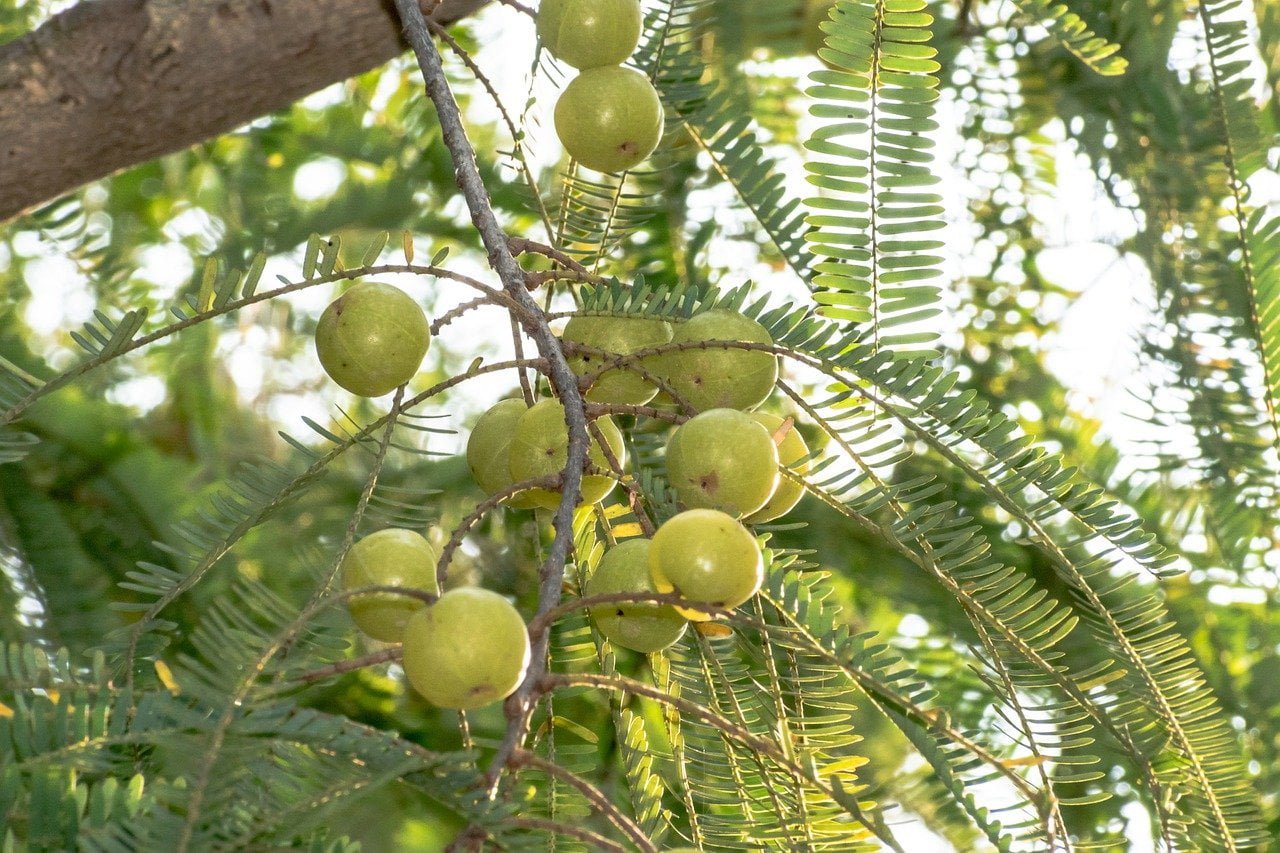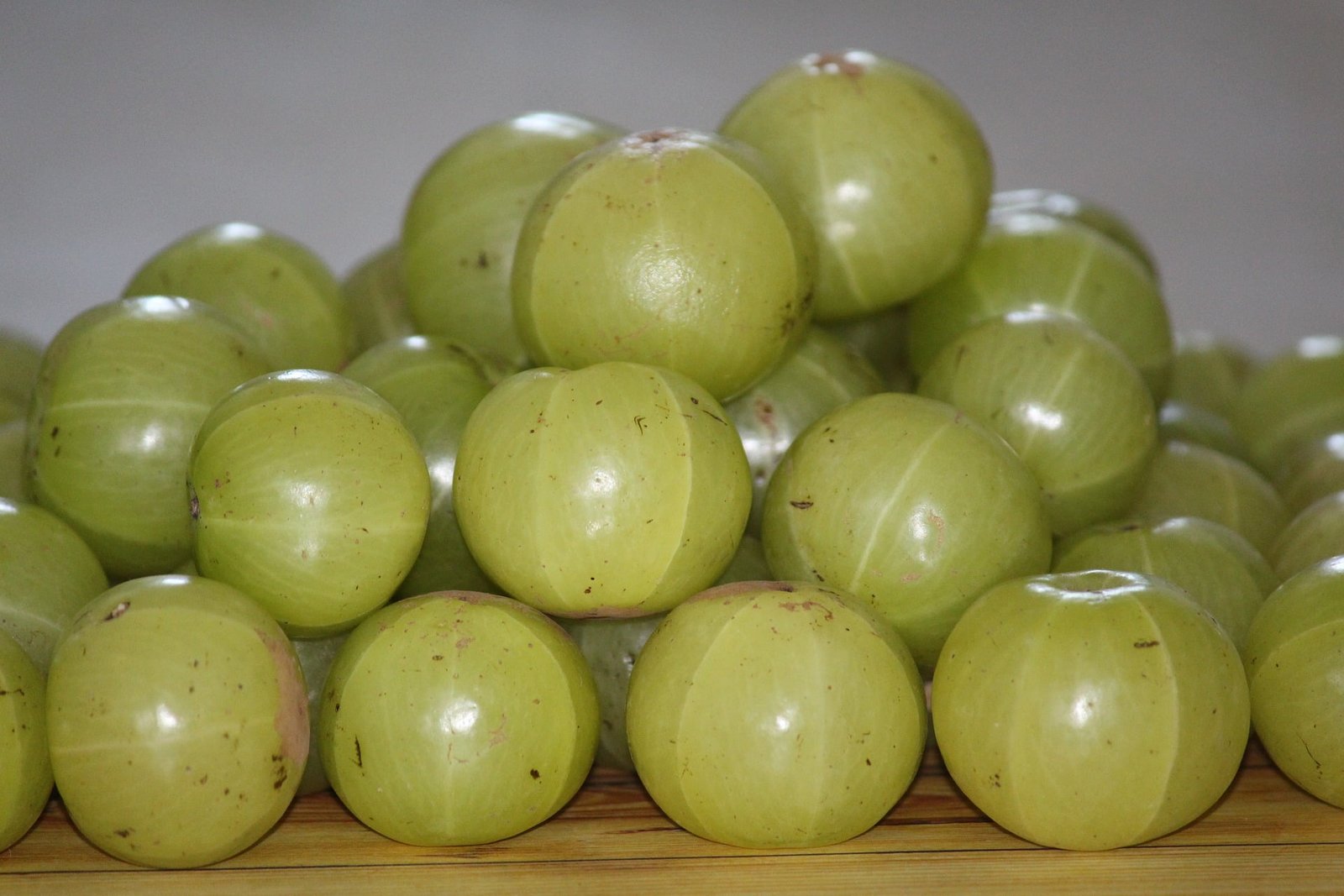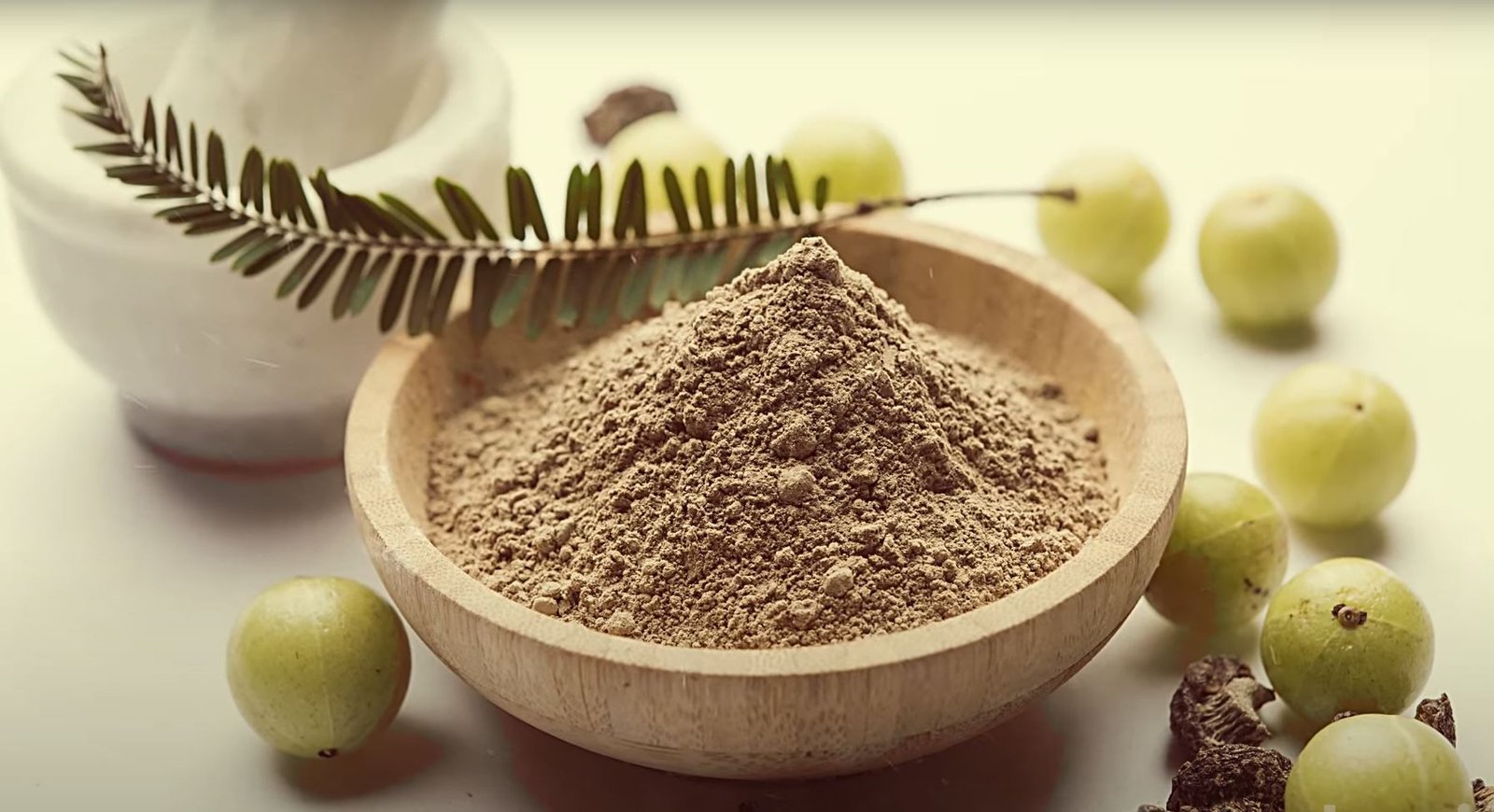
Is Amla Good for Liver? Explore its benefits, traditional uses, and how it supports liver detox.
When it comes to liver health, we often hear about the importance of detoxifying and maintaining a balanced diet. Among various natural remedies, amla, also known as Indian gooseberry, stands out for its purported health benefits. But is amla really good for your liver? Let’s explore the truth..
What is Amla?
Amla, the Indian gooseberry, scientifically known as Phyllanthus emblica, is a small, green fruit with a tart taste. Native to India, it’s a staple in Ayurvedic medicine and has been used for centuries to promote overall health. This humble fruit is packed with nutrients, including vitamin C, antioxidants, and fiber, making it a powerhouse of health benefits.

Importance of Liver Health
The liver is a vital organ responsible for detoxification, metabolism, and production of essential proteins. It filters toxins from the blood, aids in digestion, and stores energy in the form of glycogen. However, the liver can be prone to various issues such as fatty liver disease, hepatitis, and cirrhosis, which can severely impact overall health.

Nutritional Components of Amla Beneficial for the Liver
Vitamin C
Amla is one of the richest sources of vitamin C, a potent antioxidant that helps combat oxidative stress in the liver. Oxidative stress is a condition characterized by the imbalance between free radicals and antioxidants in the body, which can lead to liver damage. By neutralizing these free radicals, vitamin C in amla protects liver cells from damage and supports overall liver health.

Antioxidants
Apart from vitamin C, amla is packed with other antioxidants such as polyphenols, tannins, and flavonoids. These compounds work synergistically to enhance the liver’s detoxification processes, reduce inflammation, and prevent the accumulation of toxins. Antioxidants are crucial in maintaining the liver’s ability to filter and process harmful substances efficiently.
Fiber
Dietary fiber in amla plays a significant role in liver health by promoting healthy digestion and regular bowel movements. This helps in the efficient elimination of toxins from the body, reducing the liver’s workload. A high-fiber diet is known to support liver function and prevent conditions such as fatty liver disease.
Overview of Relevant Studies
Research into the effects of amla on liver health has been promising. For example, a study published in the Journal of Food Science and Technology highlighted amla’s ability to reduce liver enzymes indicative of liver damage in animal models. Another study in the Journal of Medicinal Food found that amla extract could protect against liver fibrosis, a condition characterized by the excessive accumulation of scar tissue in the liver.
Key Findings
Key findings from these studies suggest that amla’s hepatoprotective properties are due to its high antioxidant content, which helps to mitigate oxidative stress and inflammation. These properties make amla a potential natural remedy for preventing and managing liver diseases.

Liver Detoxification
The liver detoxifies the body through two main phases: Phase 1 (oxidation) and Phase 2 (conjugation). During Phase 1, toxins are modified by enzymes to become more water-soluble. In Phase 2, these modified toxins are further processed and excreted from the body. Amla supports both these phases by providing antioxidants that enhance Phase 1 detoxification and nutrients that aid in Phase 2.
Role of Amla in Detoxification
Amla’s high vitamin C content helps regenerate other antioxidants in the body, such as glutathione, which is crucial for Phase 2 detoxification. Additionally, the polyphenols in amla have been shown to induce the production of detoxifying enzymes, enhancing the liver’s ability to process and eliminate toxins.
Liver Disease Prevention
Prevention of Fatty Liver Disease
Fatty liver disease, characterized by the accumulation of fat in liver cells, can be mitigated by the regular consumption of amla. Its anti-inflammatory and lipid-lowering properties help reduce fat deposition in the liver. Studies have shown that amla can significantly decrease levels of liver fats and improve liver function in patients with non-alcoholic fatty liver disease (NAFLD).
Prevention of Hepatitis
Hepatitis, an inflammation of the liver often caused by viral infections, can benefit from amla’s anti-inflammatory and antiviral properties. Amla’s antioxidants help reduce liver inflammation and support the immune system in combating viral infections. Some traditional remedies also utilize amla to manage symptoms of hepatitis and enhance liver recovery.

Traditional Medicine for Liver Health
Ayurvedic Perspective
In Ayurveda, amla is considered a “rasayana,” or rejuvenating herb, that supports longevity and overall well-being. It is believed to balance the three doshas (Vata, Pitta, and Kapha) and strengthen the liver. Ayurvedic practitioners have long used amla in formulations to treat liver disorders, enhance digestion, and improve vitality.
Traditional Remedies and Practices
Traditional remedies often incorporate amla in various forms, such as powders, decoctions, and infusions, to support liver health. Triphala, a well-known Ayurvedic formulation containing amla, haritaki, and bibhitaki, is commonly used to detoxify the liver and promote digestive health.
How to Incorporate Amla into Your Diet

Fresh Amla
Eating fresh amla is one of the best ways to reap its benefits. It can be consumed raw, added to salads, or blended into smoothies. The tart taste of fresh amla may take some getting used to, but its health benefits make it worthwhile.
Amla Juice
Amla juice is a concentrated form of this fruit’s nutrients. Drinking amla juice daily can provide a quick and efficient way to boost your liver health. To prepare amla juice, blend fresh amla with water and strain the mixture. You can add a bit of honey or salt to enhance the taste.
Amla Supplements
For those who find fresh amla or its juice too tart, amla supplements are a convenient alternative. Available in capsule or powder form, these supplements can easily be incorporated into your daily routine. Ensure that you choose high-quality supplements from reputable brands.
Recipes Featuring Amla
Amla can be used in various recipes to make it more palatable. For instance, you can prepare amla chutney by blending fresh amla with mint, coriander, and spices. Another option is to add amla powder to your morning smoothie or oatmeal for an added nutrient boost.
Potential Side Effects of Amla
Common Side Effects
While amla is generally safe, consuming it in large quantities can lead to stomach upset or diarrhea due to its high fiber and vitamin C content. Some individuals might also experience acid reflux or heartburn, particularly if they have sensitive stomachs.
Who Should Avoid Amla
People with certain health conditions, such as those on blood-thinning medications or with a history of low blood sugar, should consult their doctor before adding amla to their diet. Pregnant or breastfeeding women should also seek medical advice before consuming amla supplements.

Comparing Amla with Other Liver-Friendly Foods
Turmeric
Turmeric, known for its active compound curcumin, is another potent liver-friendly food. Curcumin has powerful anti-inflammatory and antioxidant properties that support liver health and protect against liver diseases. Turmeric can be used in cooking or taken as a supplement.
Milk Thistle
Milk thistle is a herb traditionally used for liver disorders. It contains silymarin, which has been shown to support liver regeneration and protect against toxins. Milk thistle supplements are widely available and are often used in conjunction with other liver-supporting herbs.
Green Tea
Green tea is rich in catechins, antioxidants that have been found to improve liver function and reduce fat accumulation in the liver. Drinking green tea regularly can provide significant liver health benefits.
Is Amla Good for Liver? Personal Testimonials
Stories of Individuals – Who Have Benefited…
Many people have shared positive experiences with amla for liver health. For example, one individual reported improved liver function test results and increased energy levels after incorporating amla juice into their daily diet. Another person mentioned that regular consumption of amla supplements helped them manage symptoms of fatty liver disease.
Expert Opinions –
Health experts and nutritionists often recommend amla as part of a balanced diet for liver health. They emphasize its high antioxidant content and its ability to support the liver’s detoxification processes. Some holistic health practitioners also include amla in liver detox programs and natural treatment plans.

In conclusion, amla is indeed good for liver health. Its rich nutrient profile, antioxidant properties, and ability to support detoxification make it a valuable addition to any diet aimed at maintaining liver health. While it shouldn’t replace medical treatment, incorporating amla can be a beneficial step towards a healthier liver. Always consult with a healthcare provider to ensure it fits into your personal health regimen.
Amla can help prevent and manage liver diseases but should not be considered a cure.
A daily intake of one to two amla fruits or a tablespoon of amla powder is generally recommended.
While generally safe, individuals with certain health conditions should consult a healthcare provider before consuming amla.
Yes, amla’s antioxidant and anti-inflammatory properties can help prevent and manage fatty liver disease.
Fresh amla or amla juice is highly recommended for maximum benefits.
Amla can interact with certain medications, especially blood thinners. Consult your doctor before use.
Amla can help reduce liver damage but may not completely reverse it. It’s best used as a preventive measure.
Yes, but in moderate amounts and preferably under the guidance of a healthcare provider.
Some people may notice improvements within a few weeks, while for others, it might take longer.
Fresh amla is seasonal, but dried amla, powder, and supplements are available year-round.
Note: It’s always recommended to consult with a healthcare professional for personalized advice, especially if you have underlying health conditions.
